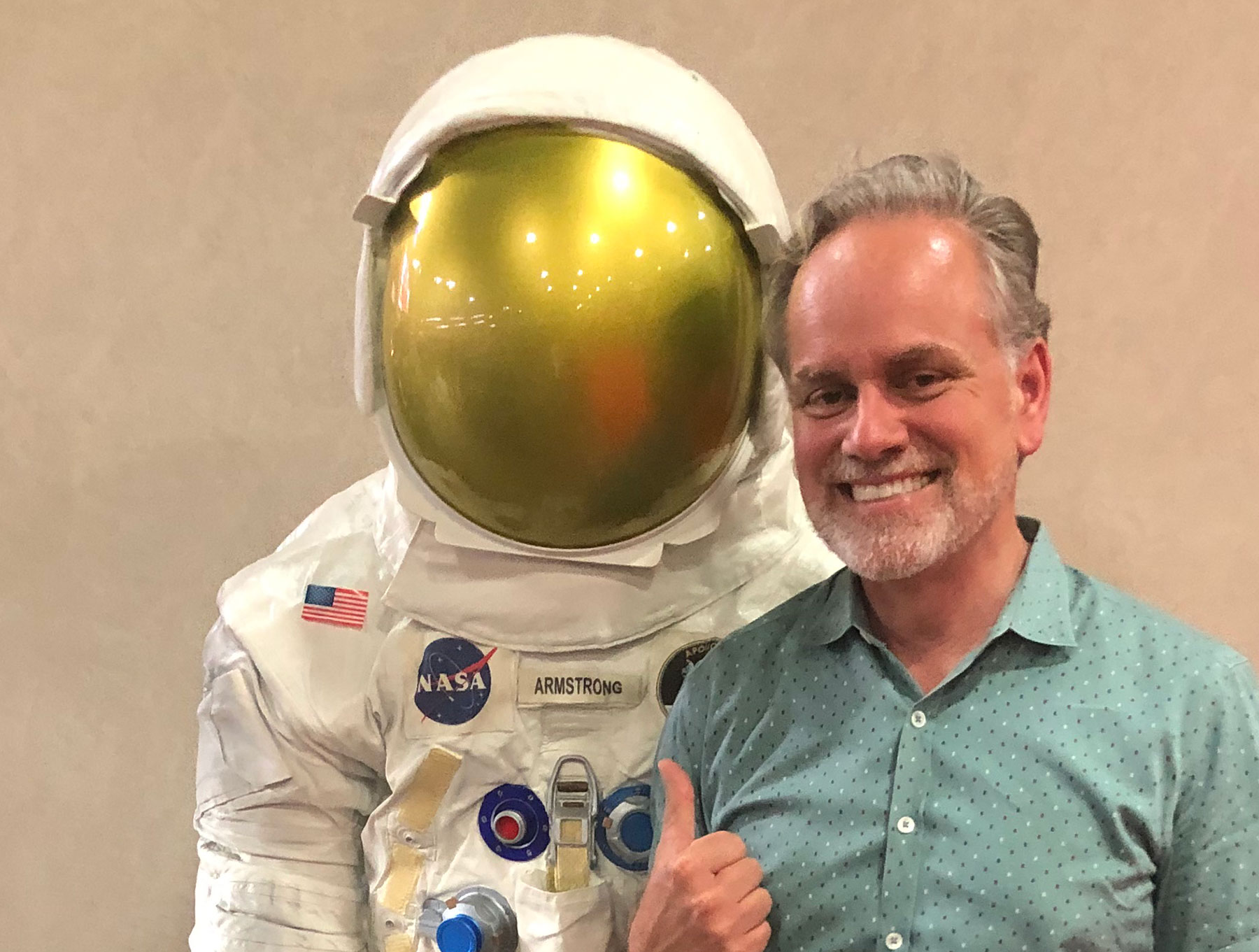Planet Earth has one moon, and for several days 50 years ago it held a singular fascination for nearly everyone on the planet. The reason, of course, is the Apollo 11 mission that landed Neil Armstrong and Buzz Aldrin on the surface of the moon and brought them back to Earth with Michael Collins.
I was 7 years old that summer, and even today five decades later, the Apollo 11 mission fills me with childlike wonder. But with more years and experience to broaden my understanding, this ultimate event of the American century stands out even more for three reasons that can still teach us a lot today.
One, the mission. President Kennedy made the goal very clear—by the end of the decade, land Americans on the moon and bring them home safely. Yes, it was a huge goal, but the mission was specific, clearly stated and public. It drove the innovation necessary and public support for getting the job done.
Two, the voyage. Five hundred years ago during the Age of Enlightenment in Europe, learning for the sake of learning fueled discovery. Those ideas transferred to the United States in the 19th century, and by 1969, American astronauts stood on the moon. My hope is similar attitudes towards learning and discovery take us even farther.
Three, unity. There was obviously a fierce competition between the U.S. and the Soviet Union to advance space travel. But when Apollo 11 blasted off from Florida, an estimated 600 million people followed along until splashdown on July 24. For those few days, anyone paying attention to the news had to acknowledge that humankind had done something exceptional. Apollo 11 brought people together for the noblest of ideals.
Today, watching a documentary with my family about Apollo 11, it’s encouraging that even my youngest children can catch the excitement and awe in Walter Cronkite’s voice as he reports the news. The story continues to inspire wonder, courage and determination. The moon still beckons, and so does Mars. We’ll get there, following in the footsteps of Armstrong, Aldrin and Collins, and everyone who’s contributed to exploration and discovery.
